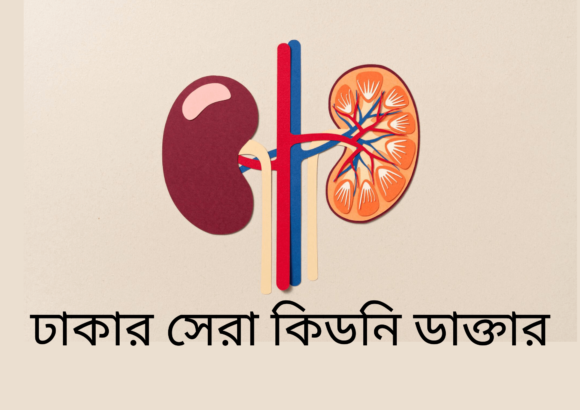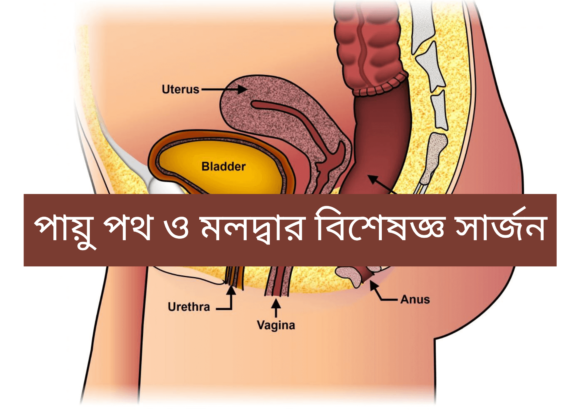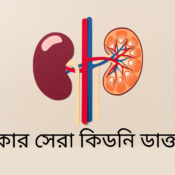
Why is prenatal ultrasound important? 5 Things you must know.
The Significance of Prenatal Ultrasound: Illuminating the Journey to Parenthood. In this article we will discusse about Why is prenatal ultrasound important?
Introduction
Bringing a new life into the world is an incredible journey filled with anticipation, excitement, and a touch of apprehension. Prenatal care ensures the expectant mother’s and developing fetus’s health and well-being. Among the numerous components of prenatal care, prenatal ultrasound stands out as a remarkable technological advancement that offers invaluable insights into the progression of pregnancy. This blog post will delve into the detailed importance of prenatal ultrasound in monitoring and safeguarding maternal and fetal health.
Read More: Why is the pain in the lower abdomen? Causes, symptoms and remedies
Early Detection and Confirmation of Pregnancy
Prenatal ultrasounds enable early confirmation of pregnancy, often before physical signs are evident. This early detection allows medical professionals to promptly initiate proper prenatal care, ensuring a healthy foundation for the developing fetus. The confirmation also will enable mothers to make necessary lifestyle adjustments, such as taking prenatal vitamins and adopting healthier habits.
Monitoring Fetal Growth and Development
One of the primary functions of prenatal ultrasound is to monitor the growth and development of the fetus. Regular ultrasound scans throughout the pregnancy track crucial parameters like fetal size, weight, and organ development. These scans help identify anomalies or potential issues early on, allowing medical teams to make informed decisions and offer appropriate interventions if necessary.
Assessing Pregnancy Viability
In cases of high-risk pregnancies or when there are concerns about miscarriage, prenatal ultrasounds play a vital role in assessing pregnancy viability. These ultrasounds can detect signs of a healthy fetal heartbeat, ruling out complications and reassuring expectant parents.
Detection of Birth Defects
Prenatal ultrasounds contribute significantly to the detection of congenital disabilities. Through detailed imaging, medical professionals can identify the fetus’s structural abnormalities or developmental issues. This early detection empowers parents to prepare emotionally, gather relevant medical information, and consult specialists for comprehensive care and support.
Determining Multiple Pregnancies
For mothers expecting more than one baby, prenatal ultrasounds are crucial in determining the number of fetuses present. Identifying multiple pregnancies early allows medical teams to closely monitor the health of the mother and each fetus throughout the pregnancy journey.
Guiding Medical Interventions
Prenatal ultrasounds provide crucial guidance for medical interventions when complications arise. For instance, they help identify issues like placenta previa or breech presentation, enabling medical professionals to devise appropriate birth plans and ensure the safety of both mother and baby during delivery.
Bonding Experience for Parents
Beyond the medical benefits, prenatal ultrasounds also offer an emotional aspect. Parents get their first glimpses of their unborn child, forming a connection and sense of attachment that deepens the bonding experience. These images provide cherished memories and tangible reminders of the journey to parenthood.
Read More: What Are Steps You Can Take Toward a Healthy Pregnancy?
FAQs About Prenatal Ultrasound
1. What is a prenatal ultrasound, and how does it work?
A prenatal ultrasound is a non-invasive imaging technique that uses sound waves to visualize the developing fetus within the mother’s womb. High-frequency sound waves bounce off the structures in the body, producing detailed images that help medical professionals monitor fetal growth, detect abnormalities, and assess overall health.
2. When is the best time to have a prenatal ultrasound during pregnancy?
Prenatal ultrasounds are typically performed at various stages of pregnancy. The first ultrasound, often known as the dating scan, is usually done between weeks 6 to 9 to confirm the pregnancy, estimate the due date, and check the fetal heartbeat. An anatomy scan around weeks 18 to 22 provides a detailed view of the baby’s organs and structures. Additional scans might be recommended based on medical history or concerns.
3. Are prenatal ultrasounds safe for both the mother and the baby?
Yes, prenatal ultrasounds are safe for both the mother and the baby. The sound waves in ultrasounds are not ionizing radiation like X-rays, making them non-harmful. The equipment is designed to emit controlled sound waves, and trained medical professionals oversee the procedure. However, ultrasounds should be performed by trained healthcare providers and should be done appropriately.
4. Can prenatal ultrasounds reveal the gender of the baby?
In many cases, yes. During the mid-pregnancy ultrasound, around 18 to 22 weeks, medical professionals might be able to identify the baby’s gender if the conditions are favorable and the baby’s position allows for clear visualization. However, it’s important to note that not all ultrasounds can accurately determine gender, and there can be misinterpretation.
5. What should I expect during a prenatal ultrasound appointment?
During a prenatal ultrasound, you will likely lie on an examination table, and a special gel will be applied to your abdomen. The ultrasound technician will gently move over your belly with a handheld transducer. This transducer emits sound waves that create images on a monitor. You can see the photos as well. The procedure is usually painless and relatively quick, lasting around 20 to 30 minutes for a standard scan.
Remember that these FAQs provide general information, and it’s essential to consult with your healthcare provider for personalized guidance and answers to specific questions about your pregnancy and prenatal care.
Conclusion
In prenatal care, ultrasound technology has revolutionized how we monitor and nurture pregnancies. The ability to visualize the growing fetus, assess its health, and detect potential complications early on is a priceless asset for medical professionals and expectant parents. Prenatal ultrasounds contribute to better health outcomes and provide emotional reassurance and a sense of connection during this remarkable chapter in life. As we continue to embrace advancements in medical science, the role of prenatal ultrasound in safeguarding the journey to parenthood remains invaluable.










